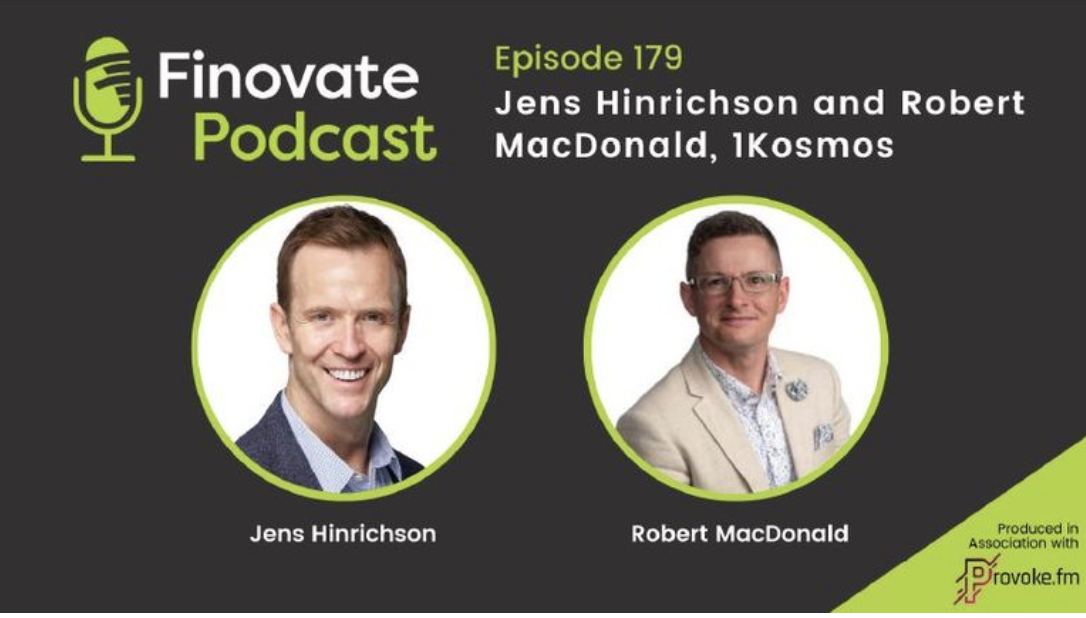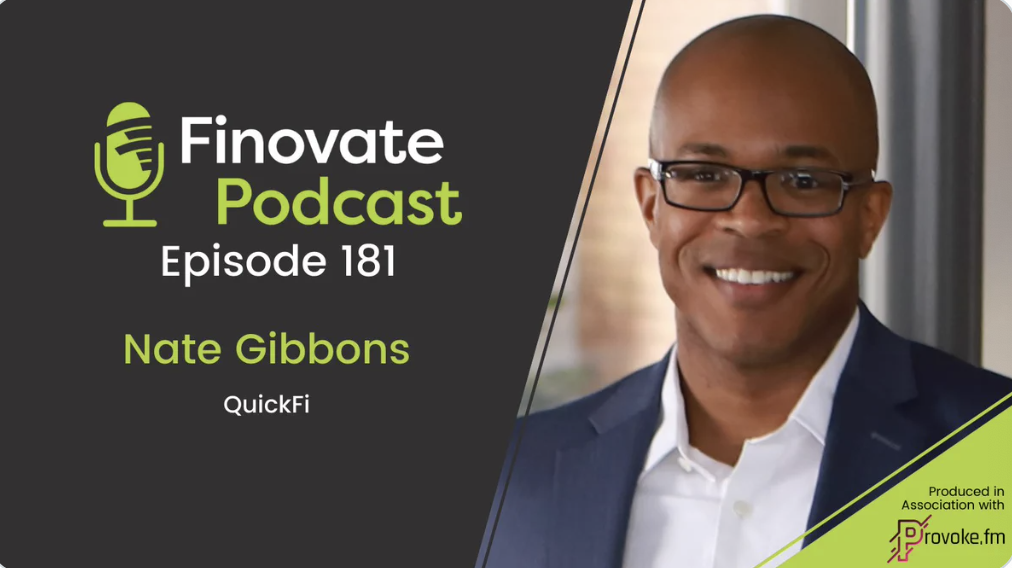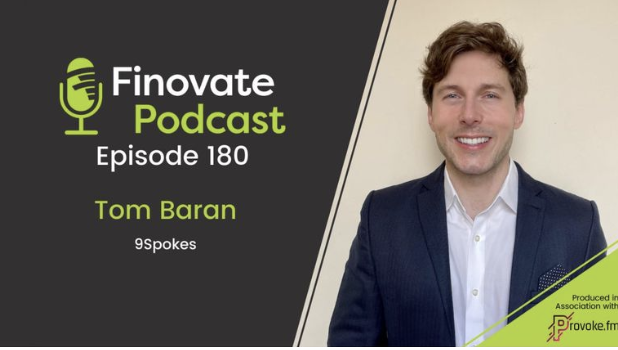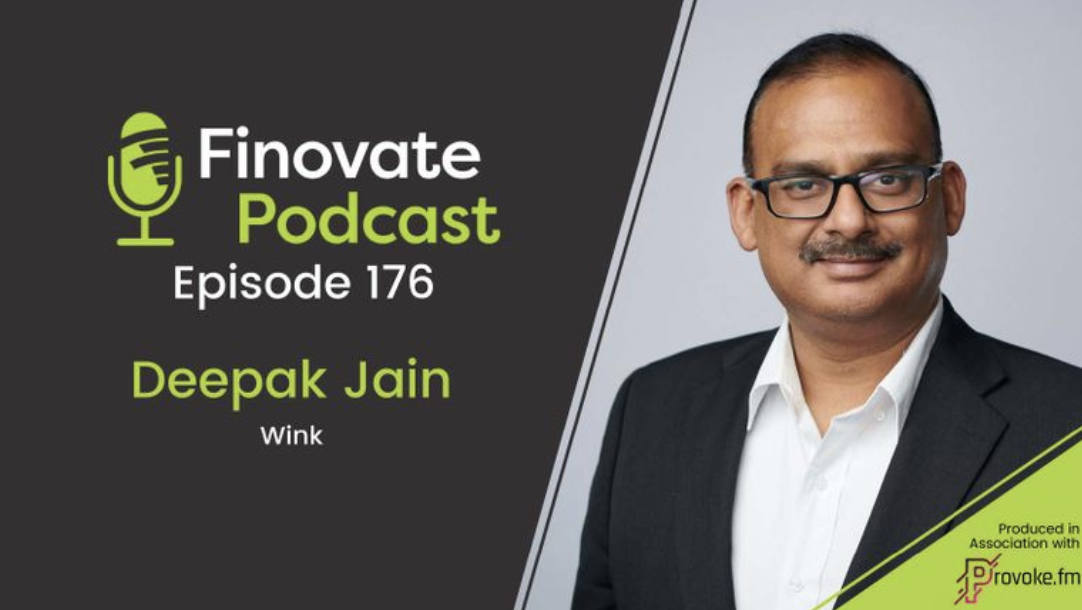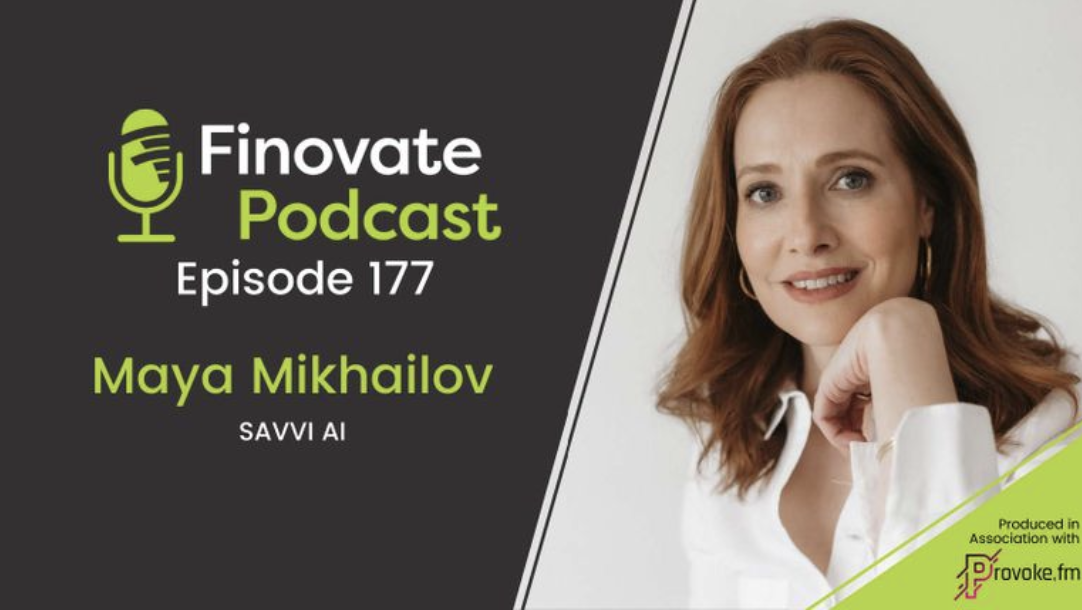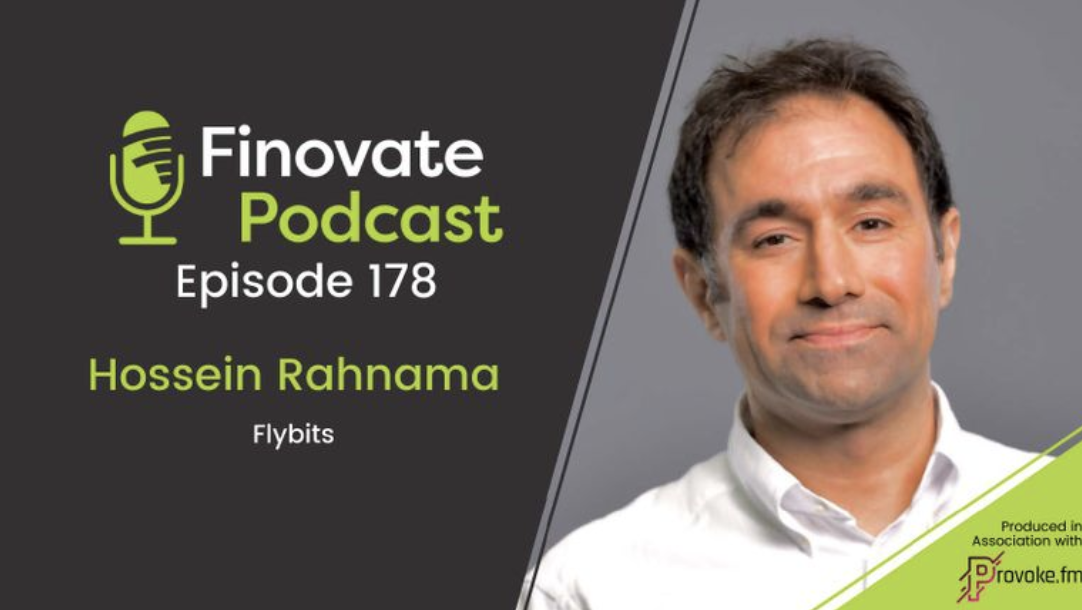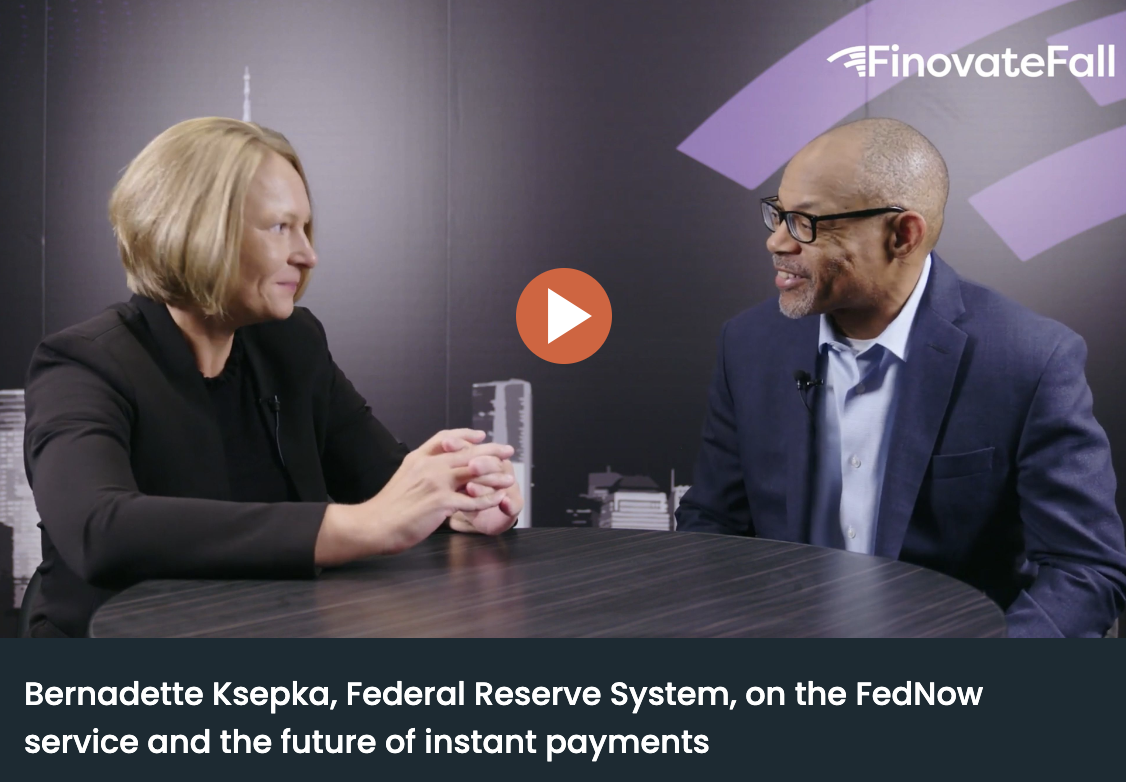
Travis Oliphant, CEO of OpenTeams and venture partner with Quansight Initiate, has announced a strategic partnership with and investment in embedded finance platform ASA. The partnership will connect ASA with the open source community, enabling the company to build solutions and provide expertise in machine learning, and AI strategy and architecture.
“We are impressed with ASA’s commitment to helping fintech entrepreneurs engage more easily with existing banking technology, all while empowering account holders with greater control of their data,” Oliphant said in a statement. “We see strong potential for financial institutions to unleash the power of innovation that can bubble up from open-source communities into fintech solutions. ASA is transforming the industry, and I look forward to collaborating with the team as they grow.”
Terms of the investment were not disclosed. Oliphant and Quansight join former JP Morgan Chase CIO Austin Adams and former BECU CEO Benson Porter among ASA’s roster of investors. The funding adds to the $1.8 million in seed capital ASA raised in 2021.
Data scientist and entrepreneur Travis Oliphant is the creator of Python program language library NumPy, and founding contributor of Python’s SciPy library. Oliphant is also founder of Anaconda (previously Continuum Analytics), open source non-profit NumFOCUS, OpenTeams, and OpenTeams Incubator. Launched in 2019, OpenTeams is an open source solution provider that supports more than 680+ open source technologies.
Founded in 2020, ASA helps financial institutions and fintechs forge productive partnerships. The Utah-based company connects banks and credit unions with fintechs, providing a secure and compliant marketplace that makes it easy for FIs to implement the digital solutions their customers want. Via a strategy it calls collaborative banking, ASA has pioneered a new approach open banking that allows financial institutions to enter these partnerships while at the same time maintaining ownership and control over customer data. This helps remove regulatory risk and liability from the partnership, facilitating collaboration. ASA counts more than 25 community financial institutions, including Pyramid FCU and University Credit Union, and fintechs among its partners.
“We firmly believe that, if approached the right way, embedded fintech has the power to redefine bank and fintech partnerships, and the backing of industry powerhouses such as Travis reinforces the value of our technology,” ASA co-founder and CEO Landon Glenn explained. “Our team is already benefitting from Quansight Initiate’s deep expertise and insights, and we are confidence that we can accelerate the collaborative banking movement together.”
ASA most recently demoed its technology at FinovateFall last September. At the conference, the company showed how its trusted, closed ecosystem offers community banks and credit unions a way to collaborate and deliver the latest fintech innovations to their customers.
We spoke with ASA Head of Fintech Relationships Ryan Ruff at the company’s first Finovate appearance in 2021. In our conversation, Ruff explained the company’s unique approach to open banking. He also discussed how collaborative banking enables FI/fintech partnerships at scale.



